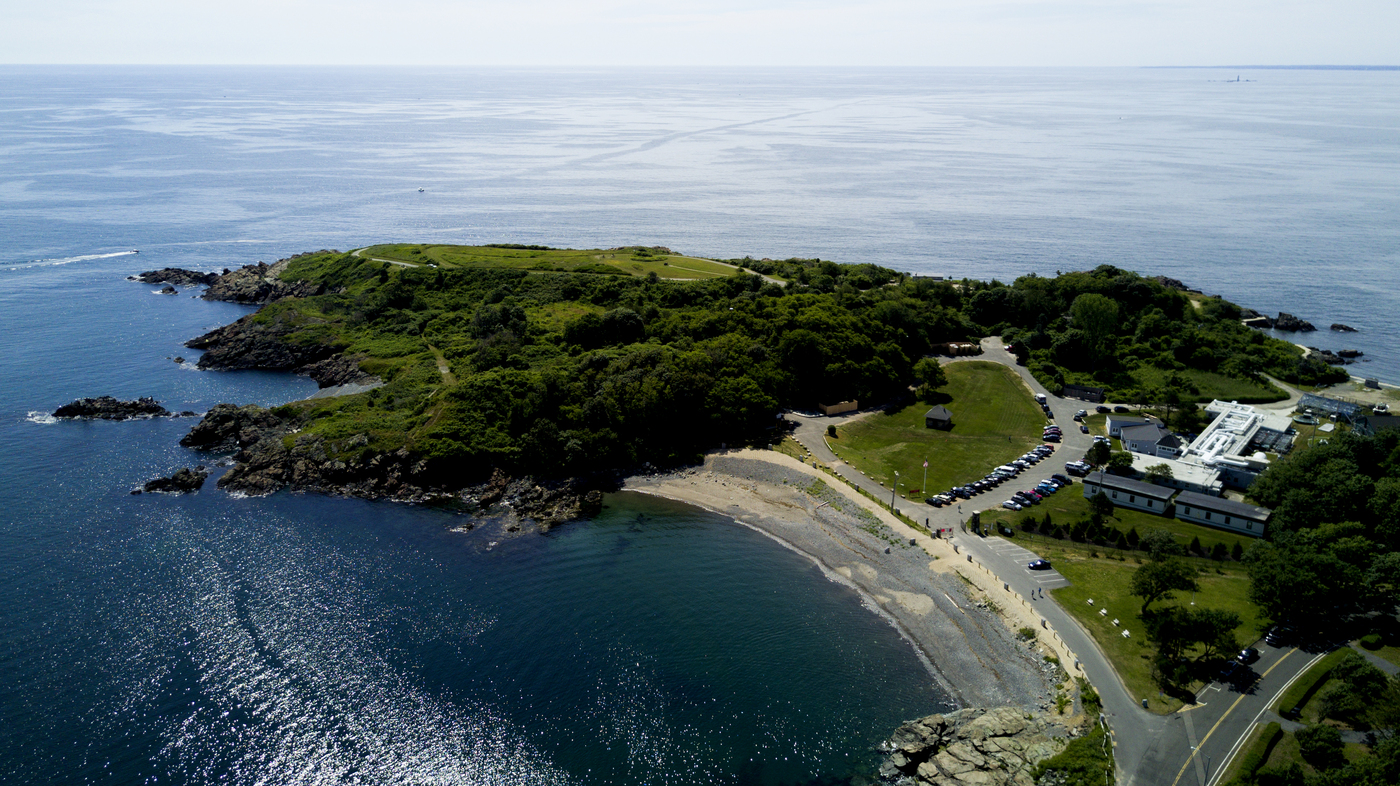 Nishaila Porter is a student in the College of Science Master’s of Science in Environmental Science and Policy program, planning to graduate in the spring of 2023.
Nishaila Porter is a student in the College of Science Master’s of Science in Environmental Science and Policy program, planning to graduate in the spring of 2023.
Q: Why did you decide to enroll at Northeastern University and pursue this degree?
Northeastern University’s joint program between the College of Science and the College of Social Sciences and Humanities School of Public Policy and Urban Affairs offers a fantastic opportunity to gain a scientific understanding of environmental issues while also learning about the policy and regulations to create change. The dual nature of the program was very attractive to me as it merged my interests in urban resilience. Additionally, as a Boston native, learning in the city I grew up in has been a great bonus.
Q: Tell us about your experience in the program so far.
My experience with the program has been great thus far. All of my professors are super helpful and are doing exciting work. I don’t feel limited with my course selection either. The courses I’ve taken are also closely aligned with my interest in urban resilience, and I still have a working list of other classes to take for the next semester.
Q: What has been your favorite part of the program?
My favorite part is being able to connect and work with my peers. It’s interesting to see the various backgrounds people come from and our merging interests. I’m also a peer mentor with Northeastern’s African American Institute Legacy program, which I enjoy. I think it’s great to interact with undergraduates, share knowledge, and be supportive.
Q: Are there any particular faculty or resources that have helped you succeed in this program?
Benjamin Dittbrenner, the director of the program, has been extremely helpful. He taught the Seminar 2 course and provided insightful information about networking, job opportunities, and more, in addition to the required course material. It’s nice to know the program director is accessible to you and willing to help.
Q: How has your experience at Northeastern prepared you for your future career path?
I plan to participate in Northeastern’s cooperative education (co-op) experience next semester. This hands-on experience will allow me to experience a new sector of the environmental field and strengthen my work experience. I appreciate this opportunity to reaffirm my plans before graduating.
Q: Which skills have you learned from your program that have proven most useful during a co-op or that you think will be helpful during a future job search?
Thus far, I’ve taken two technical courses that have made me very marketable for my co-ops, the Introductory Geographical Info Systems (GIS) course, and Coastal Process Adaptation & Resilience course. The GIS course will be valuable for my entire career in mapping to analyzing data.
Q: What are your post-graduation plans?
Upon completing the graduate program as a capable environmental science and policy professional, I plan on working in the public sector to push forward initiatives that improve environmental standards and protect vulnerable communities, specifically in urban areas.
Q: Do you have any advice for graduate students seeking work experience in similar fields?
I recommend taking advantage of the co-op program, where you gain work experience, connections, and get paid. It’s a win all over. I would also recommend enrolling in courses with a service-learning component; this is a great way to work with local entities or on a project in a structured way.

